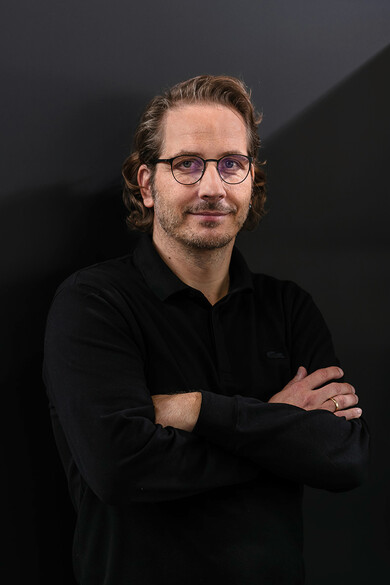of the materials in
our products are
recyclable
Our
batch size 1 production
conserves resources
of our waste is collected separately
and disposed of
We generate 95 % of our heating energy
ourselves
The demands of the markets and society for resource-conserving office furniture with a high proportion of recycled and recyclable components are constantly increasing. The best possible recycling or return of existing furniture to the material cycle (cradle to cradle principle) provides important sales and competitive arguments. In order to survive in this new world of work, future-proof, sustainable and individual solutions are required.
The personal and professional development as well as the training and further education of our employees are of particular importance to us. Our goal is to achieve a high degree of solution orientation, personal responsibility, willingness to cooperate and learn in combination with the ability to work in a team and take criticism. With this in mind, WINI cooperates with schools and universities in the region. With the Weserbergland University of Applied Sciences and the Hamelin Commercial College, we regularly provide training beyond our own requirements. In this way, WINI can also offer places for an annual internship or practical topics for Bachelor's and Master's theses.
At WINI, sustainable action begins with product development. We pay attention to environmentally friendly materials and the most ecological production possible, which we communicate transparently every year in our sustainability declaration. Our environmental management system is based on the requirements of DIN EN ISO 14001 and the European Eco-Management and Audit Scheme (EMAS III). In 2002, we were also one of the first companies in the office furniture industry to be awarded the "Blue Angel RAL UZ38 - because low emissions" environmental label. We maintain a continuous improvement process. We are currently producing dismantling instructions for all products. With our 10-year subsequent delivery guarantee, we further increase the longevity of our products. We also create life cycle analyses (LCA) and consider the environmental impact of our furniture throughout its entire life cycle. In this way, we take the entire value chain into account.

Bastian Bruns
Head of Marketing & Communication